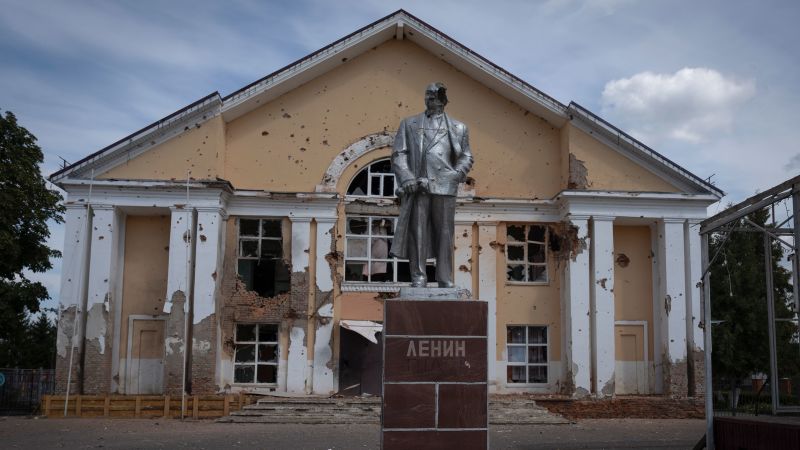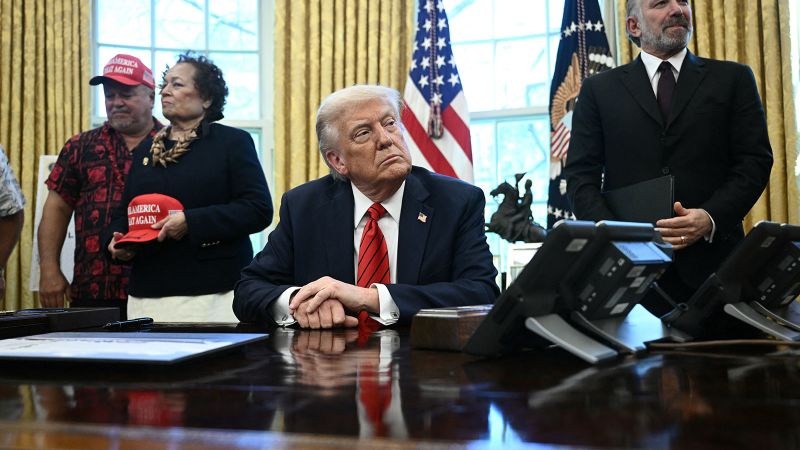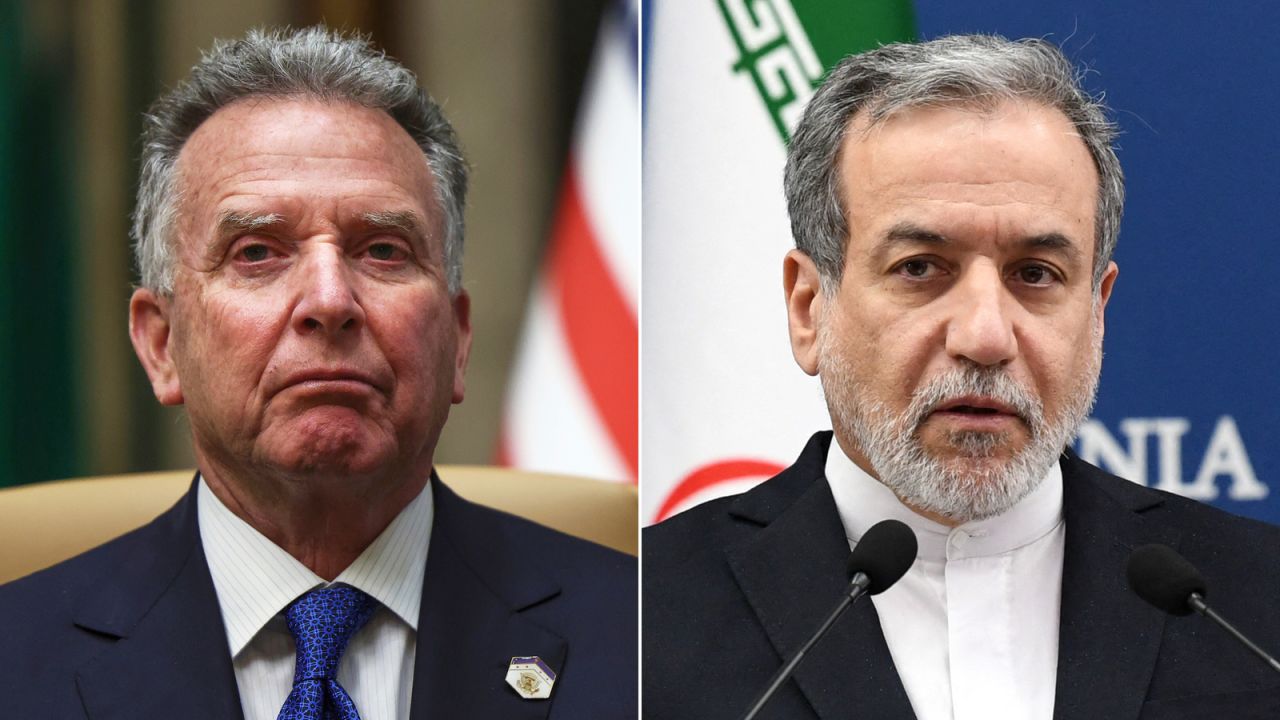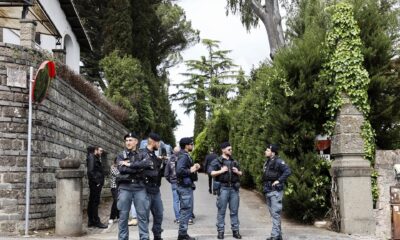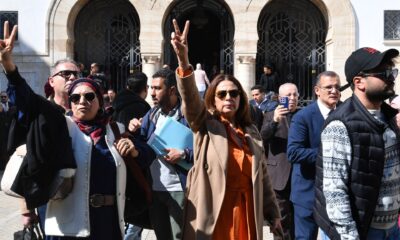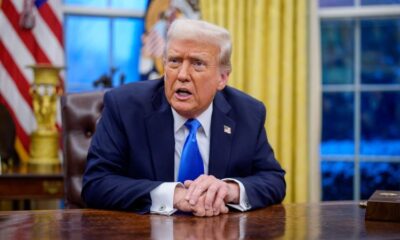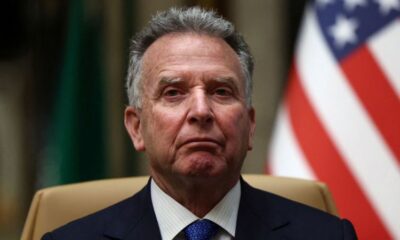CNN
—
President Volodymyr Zelensky said that Ukrainian troops have not been encircled by Russian forces in Kursk region, accusing Russian leader Vladimir Putin of “lying” about the situation on the ground.
Ukraine launched its shock incursion into Kursk in August, swiftly capturing territory in what was the first ground invasion of Russia by a foreign power since World War II. The campaign aimed to divert Moscow’s resources from the front lines in the east, and to capture land that could potentially be swapped for Russian-occupied Ukrainian territory.
Although Kyiv is now on the back foot in Kursk, Zelensky and military analysts have questioned Putin’s claims – echoed by US President Donald Trump – that Russian forces have surrounded Ukraine’s soldiers.
Putin claimed on Thursday that Russian forces had “isolated” Ukraine’s troops in Kursk and that it was “impossible” for them to escape even in small groups of two or three soldiers.
“There will only be two options: surrender or die,” Putin said.
A day later, Trump appeared to amplify Putin’s claims after what he called a “very good and productive” discussion with the Russian president.
“At this very moment, thousands of Ukrainian troops are completely surrounded by the Russian military, and in a very bad and vulnerable position,” Trump said in a post on TruthSocial on Friday, claiming he had asked Putin to spare their lives to avert “a horrible massacre, one not seen since World War II.”
Although the US president did not refer specifically to Kursk, Putin later told Russia’s security council that he had “noted” Trump’s appeal to save Ukrainian lives in the region.
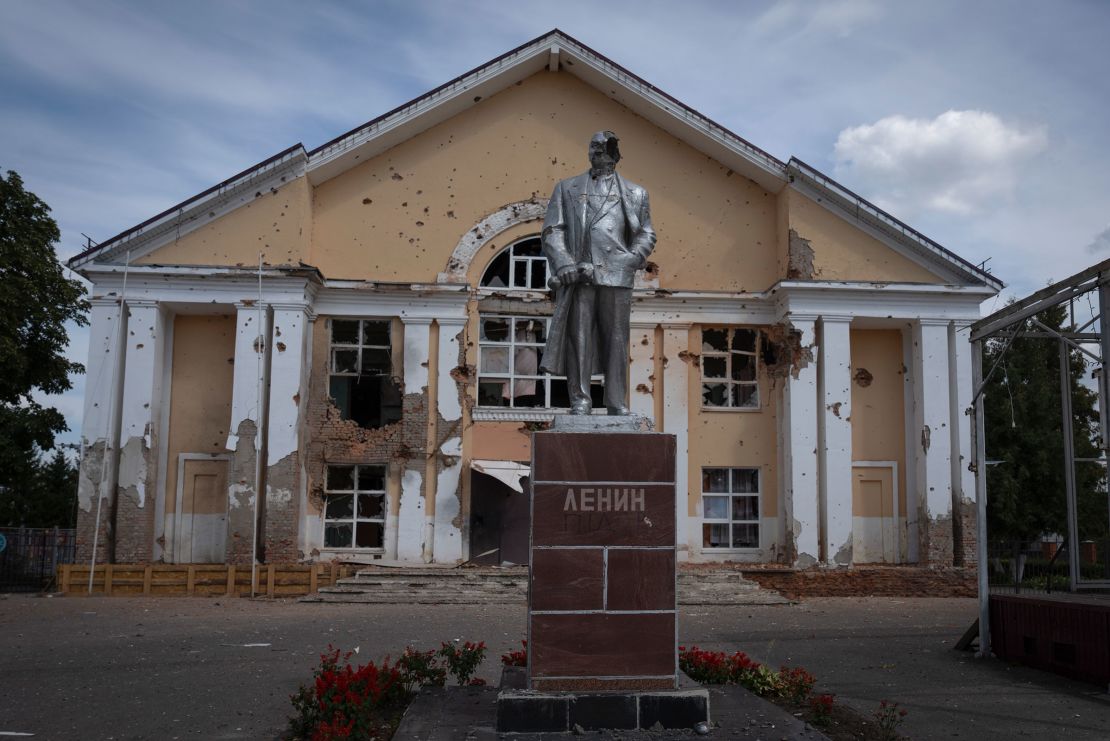
But Ukrainian officials and independent analysts have disputed Putin and Trump’s claims.
The Institute for the Study of War, a US-based conflict monitor, said Friday that it has “observed no geolocated evidence to indicate that Russian forces have encircled a significant number of Ukrainian forces” in Kursk or anywhere else along the frontline in Ukraine.
Ukraine’s military said that Russia was lying to shape perception of events on the ground.
“Reports of the alleged ‘encirclement’ of Ukrainian units by the enemy in the Kursk region are false and fabricated by the Russians for political manipulation and to exert pressure on Ukraine and its partners,” the military said.
“There is no threat of encirclement of our units,” it said, adding that its units in Kursk have “successfully regrouped” after Russia’s offensives and “withdrawn to more advantageous defensive positions.”
In an update Saturday, Zelensky said he had been briefed by Ukraine’s commander in chief, Oleksandr Syrskyi, and also stressed that Ukraine’s troops have not been encircled.
“The units are carrying out their tasks exactly as required” and are continuing to repel Russian and North Korean troops, Zelensky said.
Although Russian military bloggers have said that Ukraine is losing territory in Kursk, some also disputed the reports that Moscow has “encircled” Kyiv’s forces.
The ISW suggested that Putin was making dubious claims about Ukrainian troops in Kursk region in order to “distract” from his prevarication over the US-backed ceasefire proposal.
Kyiv agreed to the proposal during talks with US officials in Saudi Arabia on Tuesday, while Putin gave a more ambiguous response, first saying “we agree with the proposal” before claiming the deal “wasn’t complete.”
“Putin is attempting to present himself as a reasonable and merciful leader whom President Trump can engage with and to generate a new narrative to distract from” Russia’s refusal to agree to the ceasefire proposal, the ISW wrote.
Few dispute, however, that Ukraine is retreating in Kursk. This week, Moscow said that Russian forces had recaptured Sudzha, the largest town once occupied by Ukraine, further weakening Kyiv’s primary bargaining chip in potential negotiations with Russia.
On Saturday, Russia’s Defense Ministry posted a video from Sudzha, geolocated by CNN, showing the city after it was “liberated” by Russian troops. The video shows residential homes lying in ruins, roads scattered with debris and the bodies of soldiers killed in combat.

